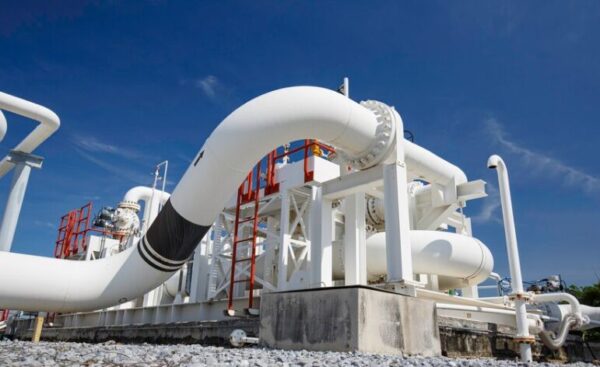Five facts about natural gas
Unlocking Energy Insights: Five Key Facts About Natural Gas
In the realm of energy resources, natural gas stands out as a crucial player. Its versatility, accessibility, and relatively cleaner emissions compared to other fossil fuels make it an indispensable part of our daily lives. Whether you’re familiar with natural gas or just getting acquainted, here are five essential facts about this vital energy source:
Abundant Reserves:
Natural gas is one of the most abundant fossil fuels on Earth. It forms naturally beneath the Earth’s surface through the decomposition of organic matter over millions of years. These reserves are found in underground rock formations, often alongside oil deposits. The United States, Russia, Iran, and Qatar are among the countries with the largest proven reserves of natural gas. The abundance of these reserves ensures a stable supply for current and future generations.
Versatile Applications:
One of the primary reasons for the widespread use of natural gas is its versatility. It serves as a source of energy for various sectors, including residential, commercial, industrial, and transportation. In homes, natural gas fuels furnaces, water heaters, stoves, and dryers, providing efficient heating and cooking. Industries utilize it for processes such as electricity generation, manufacturing, and chemical production. Additionally, natural gas is increasingly used as a fuel for vehicles, both in the form of compressed natural gas (CNG) and liquefied natural gas (LNG), offering a cleaner alternative to traditional gasoline and diesel.
Cleaner Burning Fuel:
While natural gas is a fossil fuel, it burns cleaner than coal and oil, emitting fewer pollutants such as sulfur dioxide, nitrogen oxides, and particulate matter. When combusted, natural gas primarily produces carbon dioxide and water vapor, with lower levels of harmful emissions. This cleaner burning characteristic makes natural gas an attractive option for reducing greenhouse gas emissions and improving air quality, especially when used to replace more carbon-intensive fuels in power generation and transportation.
Infrastructure and Distribution:
The delivery of natural gas from production sites to end-users involves a vast infrastructure network comprising pipelines, storage facilities, and processing plants. Natural gas is transported through pipelines over long distances, connecting production fields to distribution centers and eventually to homes and businesses. Compression stations along the pipelines maintain the pressure necessary for efficient transport. Additionally, liquefied natural gas (LNG) terminals liquefy gas for easier shipment overseas, where pipelines are not feasible. Storage facilities play a crucial role in ensuring a reliable supply, allowing excess gas to be stored during periods of low demand for use during peak times or emergencies.
Environmental Considerations and Future Outlook:
While natural gas offers certain environmental advantages over other fossil fuels, its extraction and consumption still pose environmental challenges. The process of hydraulic fracturing, or “fracking,” used to extract natural gas from shale formations, has raised concerns about water contamination, methane leakage, and seismic activity. Methane, the primary component of natural gas, is a potent greenhouse gas, contributing to climate change when released into the atmosphere. As the world transitions towards cleaner energy sources and addresses climate change, the role of natural gas is evolving. Advancements in technologies such as carbon capture and storage (CCS) and renewable natural gas (RNG) production offer potential solutions to mitigate the environmental impact of natural gas extraction and use.
Conclusion:
Natural gas plays a crucial role in meeting global energy demand, offering a cleaner alternative to coal and oil while providing versatility across various sectors. Its abundance, cleaner burning characteristics, and existing infrastructure make it a valuable component of the energy mix. However, addressing environmental challenges associated with its extraction and consumption is essential for ensuring a sustainable energy future. As technology advances and renewable energy sources become more prevalent, the role of natural gas may evolve, but its importance in the transition to a lower-carbon economy remains significant.
FAQs About Natural Gas:
- What is special about natural gas?
- Natural gas is considered special for several reasons, including its abundance as a fossil fuel, its versatility in various applications (e.g., heating, electricity generation, transportation), and its cleaner-burning properties compared to other fossil fuels. Additionally, advancements in technology have made it more accessible and economically viable to extract natural gas from unconventional sources such as shale formations through processes like hydraulic fracturing.




